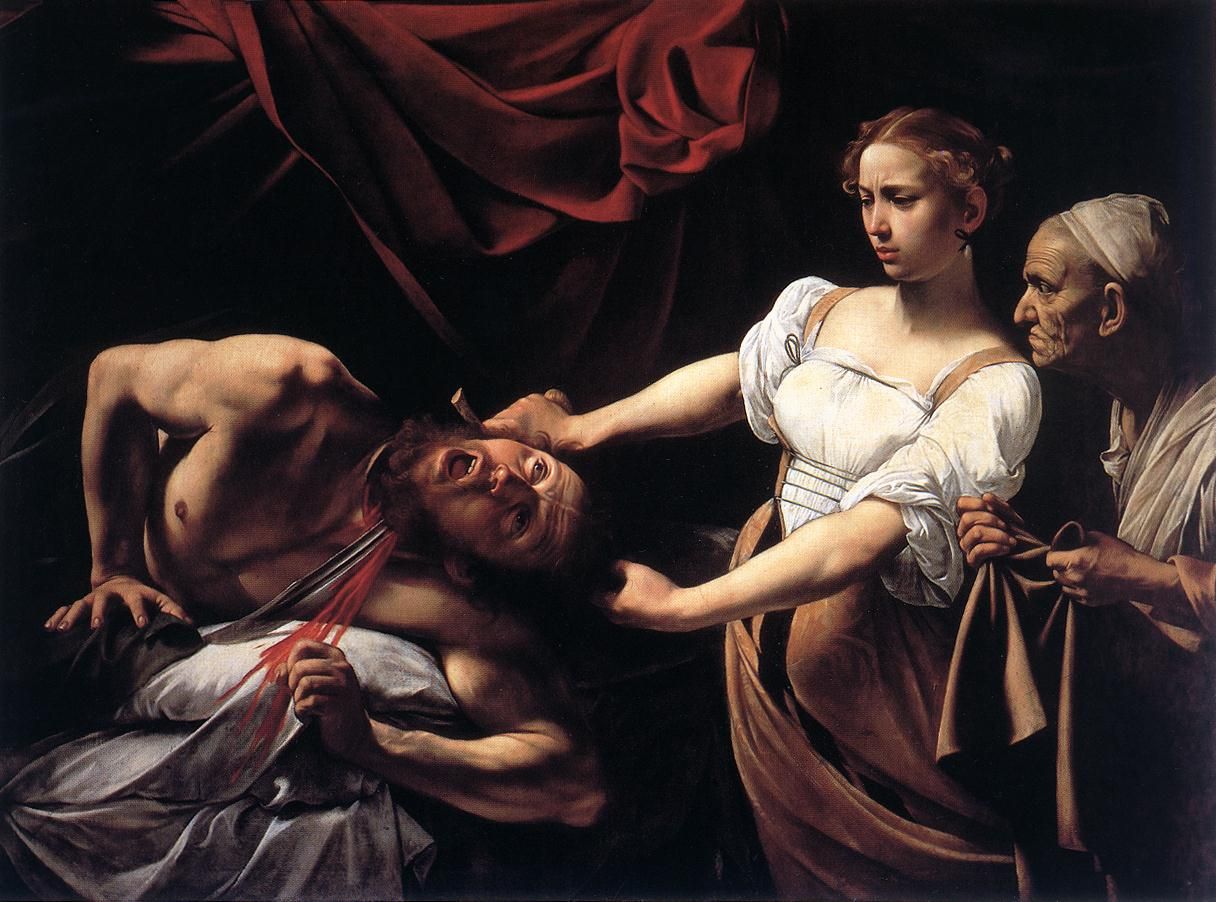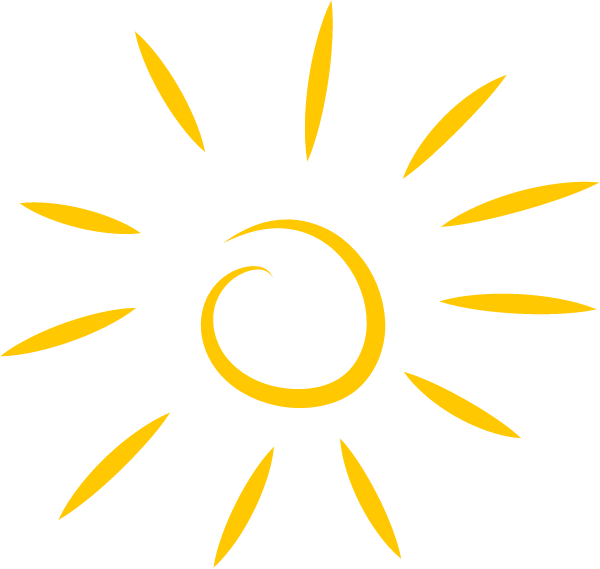Joseph Conrad : Victory
"Whatever you do, read Conrad's latest -- Victory. Read it, if you have to pawn your watch to buy it. Conrad has exceeded himself. I am glad that I am alive, if, for no other reason, because of the joy of reading this book." Jack London, 1915

Józef, you've always been my superhero: the Eastern European genius who learned English at the age of 21 and went on to use it to write literature on a level few native speakers have been able to. You are a painter of expressions. As for Victory: it's the best book with the worst title.
Joseph Conrad himself noted that victory "appeared too great, too august to stand at the head of a mere novel.” It just is. And yet, I admit, I cannot find a better title for this book. The only one I can think of is even greater and even more august. Besides, who would read a book titled as "Life"?
Victory (1915) was recommended to me (as it is to all of you) by Joan Didion. Hence, I prepared myself to love this book. It does matter wanting to love a book before starting to read it. Your curiosity is heightened by your admiration towards the recommender and that proves to be quite helpful with tricky books.
I first heard of Joan Didion while trying my luck as a young journalist in New York. (The number of young journalists in New York City trying their luck without reading Didion's work equals zero.) Didion wrote "Goodbye to All That", the ONE piece of writing everyone must read on New York City; a sharp, heartfelt tell-all piece of the metropolis which takes its place in one's heart with the same intensity as if it were a lover.
Both Didion and I spent 8 and 7 years, respectively, in that breathtaking shithole figuring out the depths of journalism. She worked for Vogue, I worked for Reuters. She was 28 when she left the City, I was 28 when I first stepped into it. Both of us left it when we got married and started a family. (Didion did move back to New York later, a move that hopefully is not in my future.)
I realize that I should get back to Conrad, but I find it fascinating how a certain book finds its way to us. Here is a great American writer, Didion, a master of literary journalism. (Please read "A Year of Magical Thinking" in which she documented her grief having lost her husband - a masterpiece, truly. I haven't yet read any nonfiction closer to the truth about loss.) So here is a great American writer whose history, work and even certain interests of hers feel so close to me (when Didion started writing she spent tremendous amounts of time copying the sentences of Hemingway to get a feel for the masterly rhythm and the depth of the simplest sentences), and one statement of hers is enough for me to only want to read Joseph Conrad's Victory:
"I often reread Victory, which is maybe my favorite book in the world… The story is told thirdhand. It’s not a story the narrator even heard from someone who experienced it. The narrator seems to have heard it from people he runs into around the Malacca Strait. So there’s this fantastic distancing of the narrative, except that when you’re in the middle of it, it remains very immediate. It’s incredibly skillful. I have never started a novel — I mean except the first, when I was starting a novel just to start a novel — I’ve never written one without rereading Victory. It opens up the possibilities of a novel. It makes it seem worth doing."
(The Paris Review, 2006)
Victory is a tricky book. I did need Didion's faith in it to keep reading it until p.200, at which point I realized that I was reading a masterpiece. Yep. It took me 200 pages.
Victory is the story of an unnecessary, or rather pointless conflict, really, between a lonely Swedish businessman (a "Queer chap"), Axel Heyst, and a bitter, mean German inn owner on the islands of Indonesia. They do not know each other well, but the German hates the Swedish anyway. He spreads malicious rumors about Heyst. When Heyst runs away with the woman that the German wanted for himself, the German sends professional assassins to the tropical island where Heyst and the woman live by themselves to kill him. Whose victory is mirrored in the title, that of the good or that of the evil, and how far good and evil actually lie in someone's heart, is what this tale is about.
Now. The only thing you truly need with this book is: PATIENCE.
You need patience and love for amazing sentences to get through the first 200 pages. Conrad's sentences will help you, though. (And if you are lucky enough to read in Hungarian, thanks to translator Pal Vamosi (1911 – 1991) the reading experience is even more amazing. Vamosi did an unbelievable job.)
Conrad is no Hemingway. He uses many many many adjectives and even more epithets within every sentence. A Conrad-sentence is so stuffed with verbal ornaments that most of his lines have to be read twice in a row to fully get their richness and often, well, for full comprehension. But Conrad dresses sentences up in a way that reading becomes a whole new experience. You read a sentence, you stop, you reread the sentence and then reread it again just to make sense of the world where these unusually beautiful thoughts were born. To make sense of a genius at work. (These days I read Stendhal's Red and Black and miss the Conrad-kind of beauty from EVERY SINGLE SENTENCE. And it’s Stendhal I am criticizing here!)
Conrad is a painter who paints with letters. No one I've ever read could describe the sunset, the darkness of the night, the wilderness or a figure dropping out of sight the way he can: giving the reader exact instructions to create the perfect image in her head.
"Thus dismissed, Davidson went on board his ship, swung her out and as he was steaming away he watched from the bridge Heyst walking shoreward along the wharf. He marched into the long grass and vanished -- all but the top of his white cork helmet, which seemed to swim in a green sea. Then that too disappeared, as if it had sunk into the living depths of the tropical vegetation, which is more jealous of men's conquests than the ocean, and which was about to close over the last vestiges of the liquidated Tropical Belt Coal Company -- A. Heyst, manager in the East."
I mean, is there anything more exciting than creating an incredible image with the help of someone else's words?
"His nearest neighbor -- I am speaking now of things showing some sort of animation -- was an indolent volcano which smoked faintly all day with its head just above the northern horizon, and at night levelled at him, from amongst the clear stars, a dull red glow, expanding and collapsing spasmodically like the end of a gigantic cigar puffed at intermittently in the dark. Axel Heyst was also a smoker; and when he lounged out on his veranda with his cheroot, the last thing before going to bed, he made in the night the same sort of glow and of the same size as that other one so many miles away."
The surprise of Victory is that its last 100 pages is as exciting as any thriller can get. Conrad could have kept us on our toes from page one, if he had wanted to. I am in no position to say what he might have truly wanted to achieve by not doing just that, but it seems as if he had aimed for the literary skies, as if his goal was to create a super symbolic, biblical world that tells as many truths about life in one story as possible. He must have wanted to create more than a thrilling story. The story does turn into a thriller but only because, for Conrad, the fight for survival in the jungle is what mirrors life the best.
So I got to page 200, found out that I was holding a masterpiece in my hands, a thriller so exciting that I could no longer put it down, and then, in that moment of truth the strangest thing happened: I started to read the book from the beginning. Again.
Never have I done such a thing before. This is a book that has the power to make you reread it just when you get to its most exciting part: you want to understand how Conrad enchanted you so masterfully. Few works of art make you wish you could read it / see it again for the first time. According to Hemingway the magic, the true magic of a piece of writing is shown when you feel that you must reread it. That's the ultimate goal of a writer: to write something re-readable.
"... whatever you do, read Conrad's latest -- Victory. Read it, if you have to pawn your watch to buy it. Conrad has exceeded himself. (...) I am glad that I am alive, if, for no other reason, because of the joy of reading this book."
Jack London, in 1915 to Cloudesley Johns
Victory is more interesting than its own built-in thriller because it mirrors life so perfectly: it is sadness and depression, it is love and passion and dark comedy. There is so much for a writer to learn from Conrad: the way he gave back my appetite for modifiers, something I thought Hemingway successfully killed inside of me entirely. His way of storytelling, the changing of times and narrators, his twists in the plot, his extraordinary sense of humor. (This book is funny! I mean how often do you find yourself saving the lives of gangsters who you met only because they want to kill you and whose minds cannot be changed even though they wouldn’t be alive without you?)
For all these reasons I am absolutely lost as to why I DID NOT find catharsis in the end. It is just missing. The sudden change in narration at the very end might have caused a certain dealianating effect: we hear about what happened to our heros much later in time - as if to show that for the bigger picture, the fate of actual characters doesn't really matter. They remain symbols in Conrad's world.
As if Conrad used all his magic for some bigger purpose than telling the truth about life, as if he had a dream to recreate the Bible itself...and I think no writer should have that as her goal. Not consciously anyway. Or do what you like, but do not take catharsis away from the reader! Just don't do that. The reader is left feeling nothing for the characters, nothing. And that's the biggest handicap of this book.
Conrad never lets us be truly connected to any of his characters (he gives equal importance to them and that importance is just not much in any case). As Sharon Kaehele and Howard German put it in their essay Conrad's Victory : A Reassessment (1964): "there is some evidence of allegorical flatness in the characters." We are left with the feeling that the story is not about the characters, but about something more abstract that they represent.
Is it possible that Conrad wanted to tell about the fight between Good and Evil?
G-d and Satan?
Humanity and Inhumanity?
Going back to the question of the title: Whose victory is this story truly about?
Obviously there is a "winner" of all the actions, at the end.
But did Conrad get his conclusion right about which side is stronger?
🌋 🔪 🏝️ 🇵🇱/🇬🇧
SUMMARY

-
Will I ever reread this book?
I read it twice in a row already! Ok, ok, it's because I'm a bit too interested in the craft of storytelling. I annotated it the second time. I'll get back to this book to look up its sentences, to quote it, to take a look at it as a Caravaggio admirer takes a new look at Judith Beheading Holofernes. I'll not return to it for its characters nor for its plot.
1/3 -
How quickly did I get sucked into it?
Late: after the first 200 pages.
1/3 -
How easy is it to read? (grammar, style, high literature)
It takes time to get used to the complexity of its sentences. But for anyone who loves the art of sentence making, the ability to express views and feelings beautifully, reading Conrad's sentences is pure joy.
3/3
If you don't like slow reading and thinking over a single sentence for minutes:
1/3 -
Is it easy to put it down?
I didn't feel like abandonning it ("DNF" it, as bookstagrammers say 'do not finish it') even once because Joan Didion said that this is the novel she rereads every time she starts working on a novel. But I can easily see how someone else would feel like throwing it in the corner well before they get to p. 200.
1/3 -
Did I cry while reading it?
No.
0/3 -
Did I laugh hard while reading it?
Hell, yes!
3/3 -
How timeless is it?
It's an evergreen because at the heart of this story there is Conrad's thoughts about human nature. Human nature (I am not talking about habits here but instincts and emotions) doesn't change.
3/3 -
Did I find catharsis at the end?
No.
0/3 -
Is it worth living without reading this book?
I wouldn't want to die without reading it. It's truly one of the best tragicomedy in fiction ever written.
3/3
15 or 13/27 = Choose this book over Little Women and over The Brothers Karamazov, IF you are a lover of words. (If you are a lover of psychology, read the Brothers first).
Comparing novels is idiotic (only ranking good books on the same 1-5 star rating scale is more idiotic): there is no right order for good books, but in the urge of expressing my feelings for the books participating in the Hemingway-challenge and beyond, I make suggestions which one to read first.
P.S. I am NOT yet an Amazon Associate therefore I DON'T receive even a tiny commission if you make a purchase when clicking through any of my links. But if one day I'll change this message, I'll still make sure to add links for finding the book for FREE online:
Here is where to find Victory online:
- In my favorite online library: Open Library
- On Project Gutenberg
